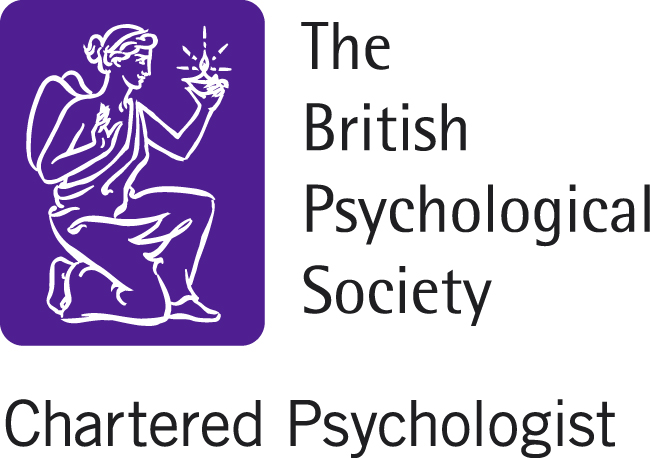Learn more about our approach to psychological therapy, including specialist trauma-focused interventions.

We are accepting new referrals for autism and ADHD assessments.
We are not accepting new clients for therapy at the moment as we are at full capacity.
The foundation of psychological therapy is in a safe, strong, trusting therapeutic relationship within which your individual needs can be understood, heard and healed. Clinical psychologists use something called psychological formulation which uses evidence-based psychological ideas to understand your difficulties and then develop a ‘road map’ or plan to help you heal and move forward. There are always valid and important reasons for every person’s struggles; they key is to understand, unpick and heal them together in a safe, trusting therapeutic relationship.
All therapeutic work should balance understanding the challenges you experience, alongside your strengths. Sometimes when life is hard, we lose sight of our strengths and therapy is where you can rediscover and reconnect with your inherent strengths and abilities. So, what does this look like in practice? Here are some ways that I will help you to reconnect with your strengths in therapy:
Psychologists may use a number of different approaches to make sense of a person’s needs and help them move forward in their lives. I primarily take an attachment, trauma and systemically-informed approach in my therapeutic work and you can learn a bit more about what this means, below.






